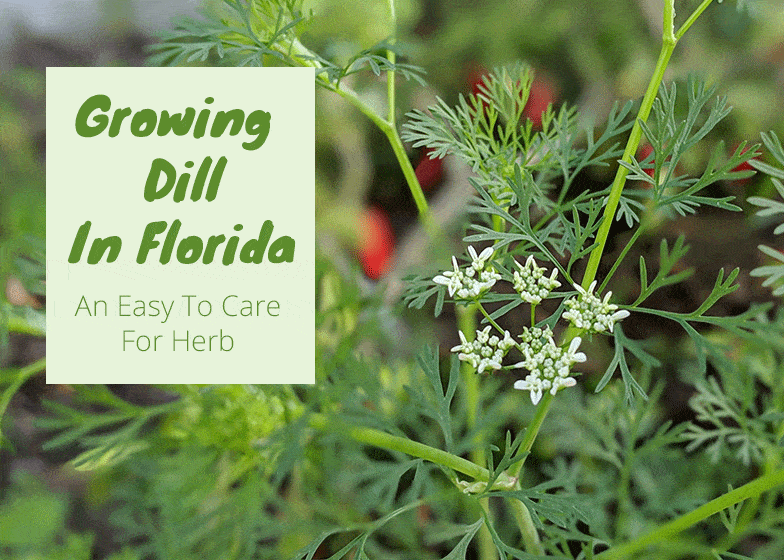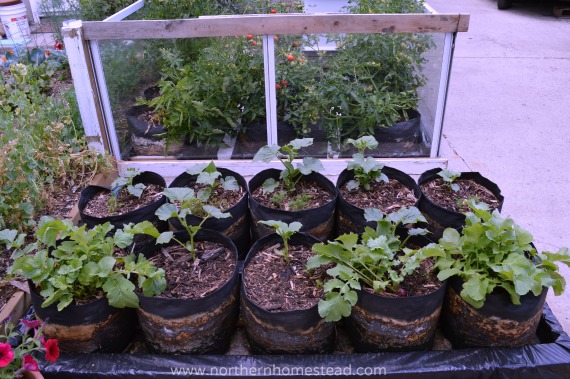
There are many methods to save space in your backyard. Trees, for example, can take up lots of space so it can be difficult to fit them in tight spaces. You can save space by using trailing climbers or screening fences. Rotating your crops is a good idea to avoid diseases and pests.
These labels are extremely useful for vegetable gardens.
Plant labels are a great method to organize your garden. They make it easy to remember which plants are which and where. They are both useful and easy to use for gardeners novices and experts. There are many different ways to make labels. These labels can be found in craft shops and are very affordable. You can also use clothespins, paint sticks, and plastic forks to write information.
You can either buy labels at your local gardening supply store or make them yourself. A label maker can make a handy tool to make garden markers. You can also buy waterproof tape. These tapes are usually made from plastic or polypropylene and are highly waterproof. You can also use regular labels but attach them with clear waterproof adhesive tape or compatible waterproof sealants.
Plant labels can be made of recycled materials such plastic pots. You can also use slate markers. These are durable and can be used in vegetable gardens. Another option is to use wooden stakes. These are available in many stores' paint departments and can be used to label plants.
Bamboo plant markers are also incredibly useful. They are environmentally friendly and come with a marker pens. They are about 10cm long by 3cm wide and can be used to create a traditional look. They can also be used to make veg trugs or raised beds.
Rotating crops reduces pests and diseases
Rotating crops can be a great way of combating pests and diseases in soil. Changing crops breaks up the life cycles of pests and limits the time they are in the soil. Monocultures are more likely to have pests and diseases, which can deplete soil nutrients. Monocultures also require higher levels of pesticides and fertilizers. Rotating crops lowers these requirements and improves farm system resilience.
Crop rotation is the best tool to manage diseases. Growing a non-host crop after a host crop prevents pathogen reproduction and reduces inoculum levels in the soil. This is especially effective against diseases such as soybean cyst nematode. These parasites reproduce from plant debris, including soybean debris. Rotation helps to reduce the number pathogens in soil.

Rotating crops can help to reduce the pests and weeds in your soil. Rotating crops can also be used to control persistent weeds as well as plant parasitic nematodes. Pest populations will decrease if you avoid the same crops every year. To prevent pest and disease buildup, plant a non-host plant the next time you plant a new crop.
Crop rotation increases soil fertility, which in turn contributes to higher yields. Because crops are grown in different seasons, rotating crops will increase your harvest by up to 25%. Crop rotation can increase yields while improving the soil's structure and composition. It also increases water infiltration.
Rotating crops can prevent many diseases or pests. Many pests can overwinter in soil and then feed on the same plants when they emerge. Rotating your crops is crucial. Choose disease-resistant varieties for the best results. Regularly cleaning up your garden is an excellent idea to get rid of diseased plants.
The goals of the farmer should dictate the crops that are chosen. Some farmers plant vegetable and fruit crops in order to increase the availability of nitrogen, reduce erosion, increase soil structure, and increase biomass. Root crops are more space-friendly and have lower nutrient needs.
Garden tools care
Garden maintenance involves the regular cleaning and sanitizing of your tools. Dirty and bacteria can get on your tools and cause them to perform poorly. You should clean your tools regularly with soapy water to extend their usefulness. For at least 15 minutes, soak them in a solution with half a cup of dishwashing fluid per gallon. For sticky residues on your tools, you can use Goo Gone or lighter fluid to get rid of them.
Regular maintenance can prolong the life of your garden tools. Your tools will last longer if you keep them clean. You'll also save money on repair and replacement costs. You will also be able to do more work with a well-maintained tool. Keep your garden tools in good shape by following these tips.
A garden hose is a great way to clean your tools. Besides using a hose, you can also use a putty knife to remove caked-on dirt. You should lubricate the tools after cleaning them. This will ensure their durability.

Cleaning the handles is not only important for cleaning the tools' heads, but it is also necessary to clean them. Dirt and grime can be removed with a brush, or a wire brush. To get rid of rust or sap, you can also apply a disinfectant solution. You can also use a little bit linseed oil if the handles are made from wood to protect them.
Properly storing your garden tools is an important step. You should avoid storing them in corners because they are prone to warping and bending. They can also be easily tripped on or stepped upon if stored in corners. To ensure better protection, store them in a shed/garage.
Clean your tools after every use. This means washing them thoroughly after each use and before storing them for the winter. Tools that are used to remove diseased plants need to be cleaned. Use turpentine, garden hoses, plastic scrapers and a solution of turpentine to clean your tools.
FAQ
Which seeds should you start indoors?
A tomato seed is the best for indoor gardening. Tomatoes are very easy to grow and produce fruit year-round. You should be cautious when putting tomatoes into pots. Planting too soon can cause soil to dry out and root rot. It is important to be aware that bacteria wilt can quickly kill plants.
How do I know what type of soil I have?
It is easy to tell the difference by the color of your dirt. More organic matter is found in darker soils than in lighter soils. You can also do soil tests. These tests measure the number of nutrients present in the soil.
Can I grow vegetables inside?
Yes, you can grow vegetables inside in the winter. A greenhouse or grow light will be required. Before you do this, make sure to verify the local laws.
What amount of sunlight does a plant require?
It depends upon the type of plant. Some plants need 12 hours per day of direct sunlight. Others prefer 8 hours in indirect sunlight. The majority of vegetables require 10 hours of direct sunshine per 24 hour period.
How often should I water my indoor plant?
Indoor plants need to be watered every two days. You can maintain humidity in the house by watering. For healthy plants, humidity is vital.
Which layout is best for vegetable gardens?
The best vegetable garden layout depends on where you live. For easy harvesting, you can plant vegetables together if the area is large. You should plant your vegetables in groups if you live outside of the city. This will ensure maximum yield.
Statistics
- According to a survey from the National Gardening Association, upward of 18 million novice gardeners have picked up a shovel since 2020. (wsj.com)
- Today, 80 percent of all corn grown in North America is from GMO seed that is planted and sprayed with Roundup. - parkseed.com
- It will likely be ready if a seedling has between 3 and 4 true leaves. (gilmour.com)
- As the price of fruit and vegetables is expected to rise by 8% after Brexit, the idea of growing your own is now better than ever. (countryliving.com)
External Links
How To
How do I keep weeds out of my vegetable garden?
The biggest threat to the growth of healthy vegetables is weeds. They are a threat to water, nutrients and sunlight as well as for space. These tips will prevent them destroying your garden.
-
Take out all flowering plants
-
Remove any plant debris around the base of the plant
-
Mulch can be used
-
Water regularly
-
Rotate crops
-
Do not allow the grass to grow.
-
Keep soil moist
-
Plant early
-
Harvest often
-
Make compost
-
Avoid using chemical pesticides
-
Get organic vegetables
-
Buy heirloom seeds
-
Start small
-
Learn about companion planting
-
Be patient
-
Enjoy gardening!